Taiyaba Ali Is Building New Conversations Around Lakhnawi Food
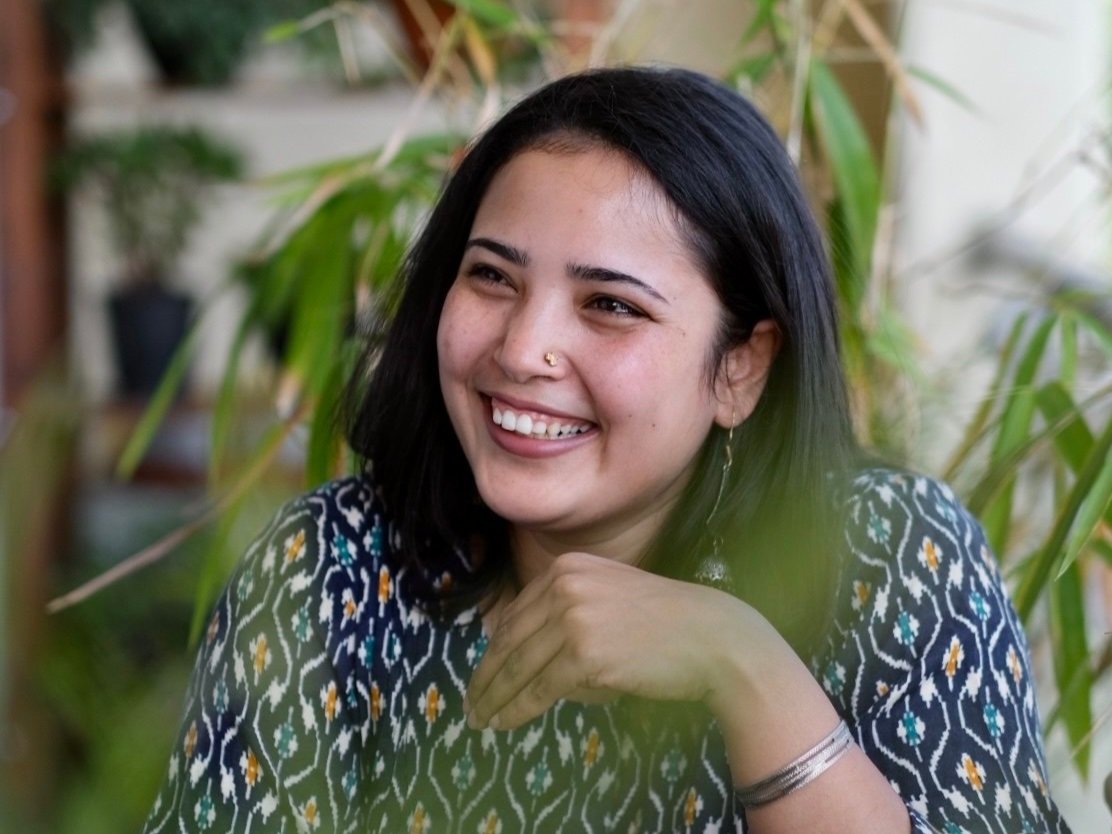
Taiyaba Ali cooks homestyle Lakhnawi food at Khanposh in Bangalore, drawing from her own heritage to shift the conversation around Lakhnawi cuisine from opulent and lavish, to restrained, resourceful and delicious, as it is cooked in homes in the region.
MASQUELAB X GOYA is a series where we bring home chefs from around India to showcase their work and culinary heritage within the dialogue of food and culture. Taiyaba Ali will be cooking at MasqueLab on January 11 & 12. To sign up for the experience, book here.
When Taiyaba Ali visits with us one cold December morning in Bangalore, she has just pulled an all-nighter, catering a dinner for 110 people. But she is fresh faced and bright eyed, with the electric optimism of someone whose day off stretches promisingly ahead.
Ali’s childhood was spent in Lucknow, among women who put incredible meals on the table. Seasonal, delicious, ingenious. In a city whose bazaars are full of poetry and music, where sellers recite couplets about breads and kebabs, kings and feasts. Here she learned to eat seasonally, and host extravagantly, to celebrate food as poetry and culture, to cook with ingenuity, using every last piece of fruit and plump vegetable.
“Food in India,” she says, picking up a bowl of dal gosht, “is not considered a legitimate subject of study.” She offers us a taste as we stand by the balcony, looking out into the cold December sky, considering its flavours. “It is hearty and comforting, which I love.”
Where are the Women in Food?
Ali initially planned on a PhD documenting oral narratives in Lucknow’s bazaar culture. “But PhDs and research are done in closed chambers, accessible to only a few. What’s the point of that,” she laughs. “There is a kebab my mother makes, with the peel of lauki. I could write about it, I could document it for academia. But to really understand the resourcefulness and genius of it, you must taste it. All the senses must be engaged to connect food practices; there must be actual food involved.”
Ali is a student of literature, steeped in the art of digging deeper in the search for meaning. “I realised early on that bazaar culture and food were celebrated so deeply in Lucknow. When guests come to visit, we honour them with food from the bazaar — tunde kebabs, nihari, biryani. But our very first experience of cultural continuity and identity as human beings is in the home. It worried me that women are non-existent in the conversation about food and culture.”
Home cooking in Lucknow is seasonal and vegetable-heavy. Bathua ki roti, kali gajjar halwa, and til aloo ki sabzi in the winter. Simple, light and delicious. “The understanding of how things work is very domestic,” she explains. “But there remains an absence of conversation about this. I thought this is what my work should be. This is what I want to talk about as a woman.”
Celebrating Homestyle Food
Khansposh, the restaurant she cooks at in Bangalore, was a chance to take this conversation forward. “How do you give credit to the women cooking your food, your daily sustenance, if you don’t pride it enough to put on the table when someone comes over?” Seeing homestyle food celebrated in this way at a restaurant, changed the way people perceive this food.
Customers often cheekily hold up their plates at the end of a meal: ‘We’ve licked it clean. And there’s no extra grease!’ They are astonished at this experience of a cuisine celebrated for excess.
Standing at the sizzling pan, she deftly turns over kebabs, crisp and glistening. “Taste,” she commands, smiling. It melts, delicate and savoury. She slices fresh onions, squeezes over half a lime. “Anumitra (of Edible Archives) would tell me my chopping skills are atrocious. And she’s right. But she forgets I’m not a culinary student; I’m a student of home-cooking.” Ali plates the fish over a relish of green garlic and tomato.
In all of Ali’s cooking, from palak patta chaat to dal gosht and lightly spiced, fragrant pulao, crisp tartlets of shahi tukda, and delicate rounds of steamed orange pudding, the flavours are as fresh and bold as her own spirit. “For me, this isn’t about a business. It’s this conversation that I want to carry forward.”
Taiyaba Ali is cooking at MasqueLab on Jan 11 & 12, 2023. There will be two dinner seatings: 7 PM and 9.30 PM, priced at INR 4,000 + tax. To reserve, book here.
Photos by Aysha Tanya; words by Anisha Rachel Oommen.
ALSO ON THE GOYA JOURNAL

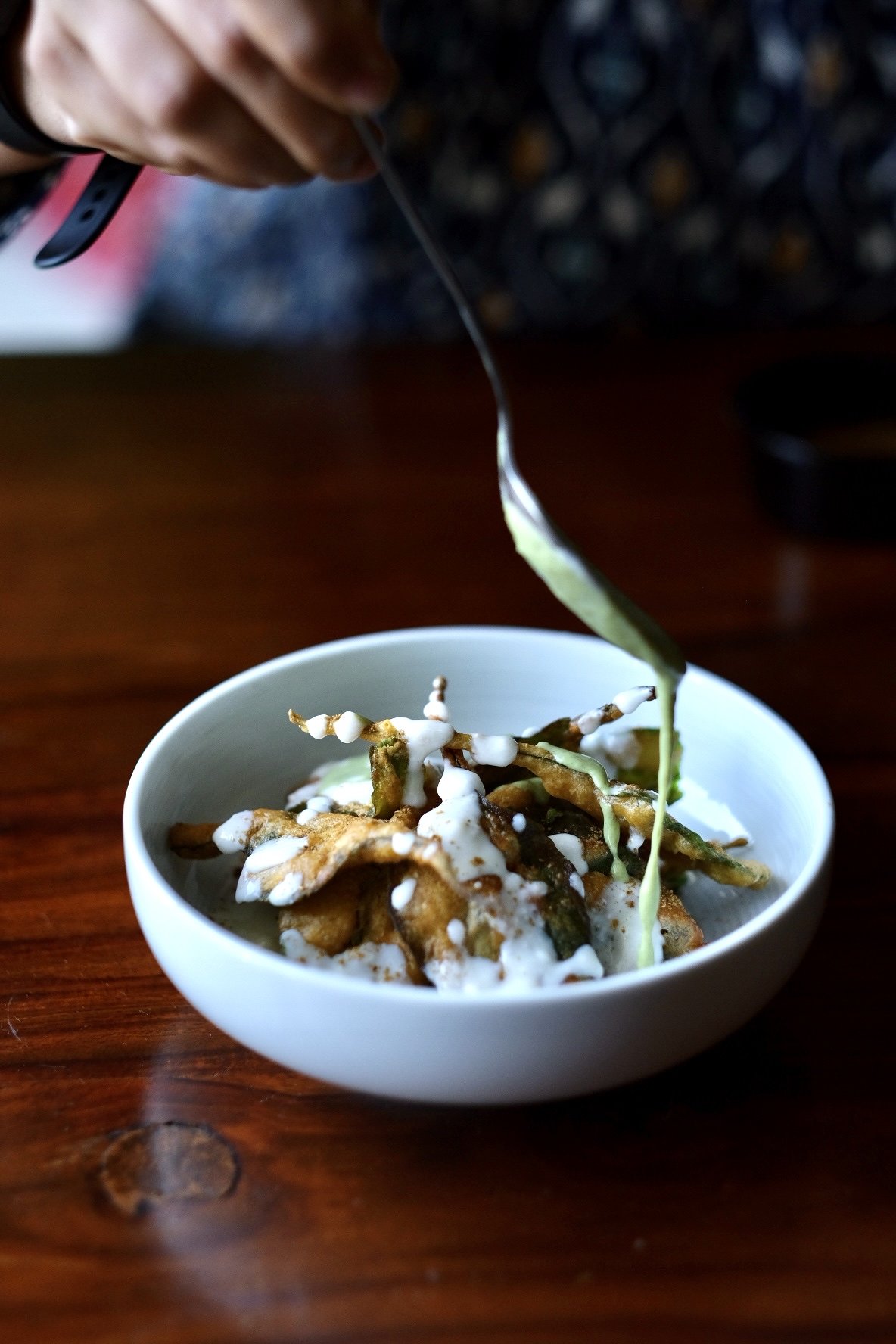




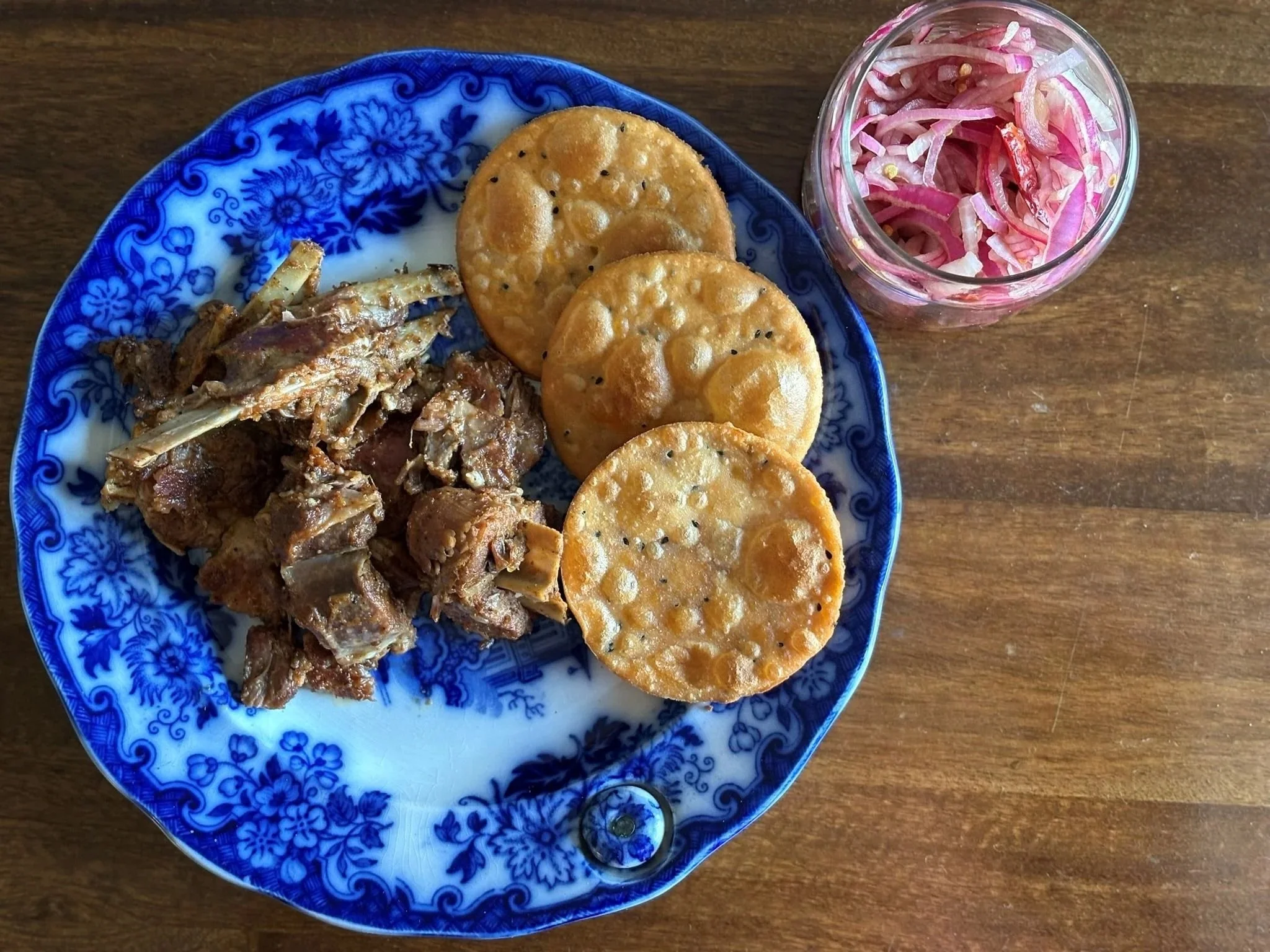
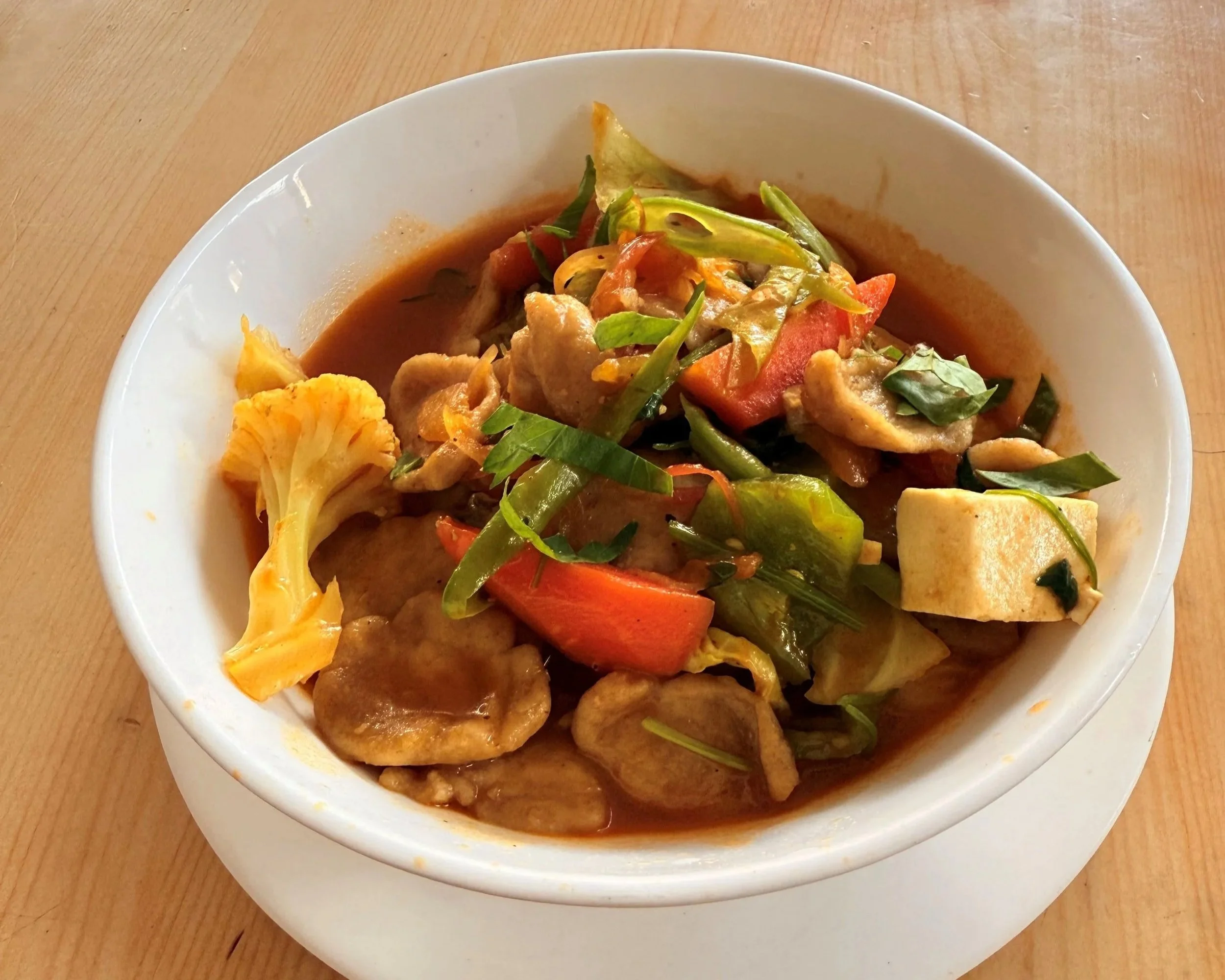
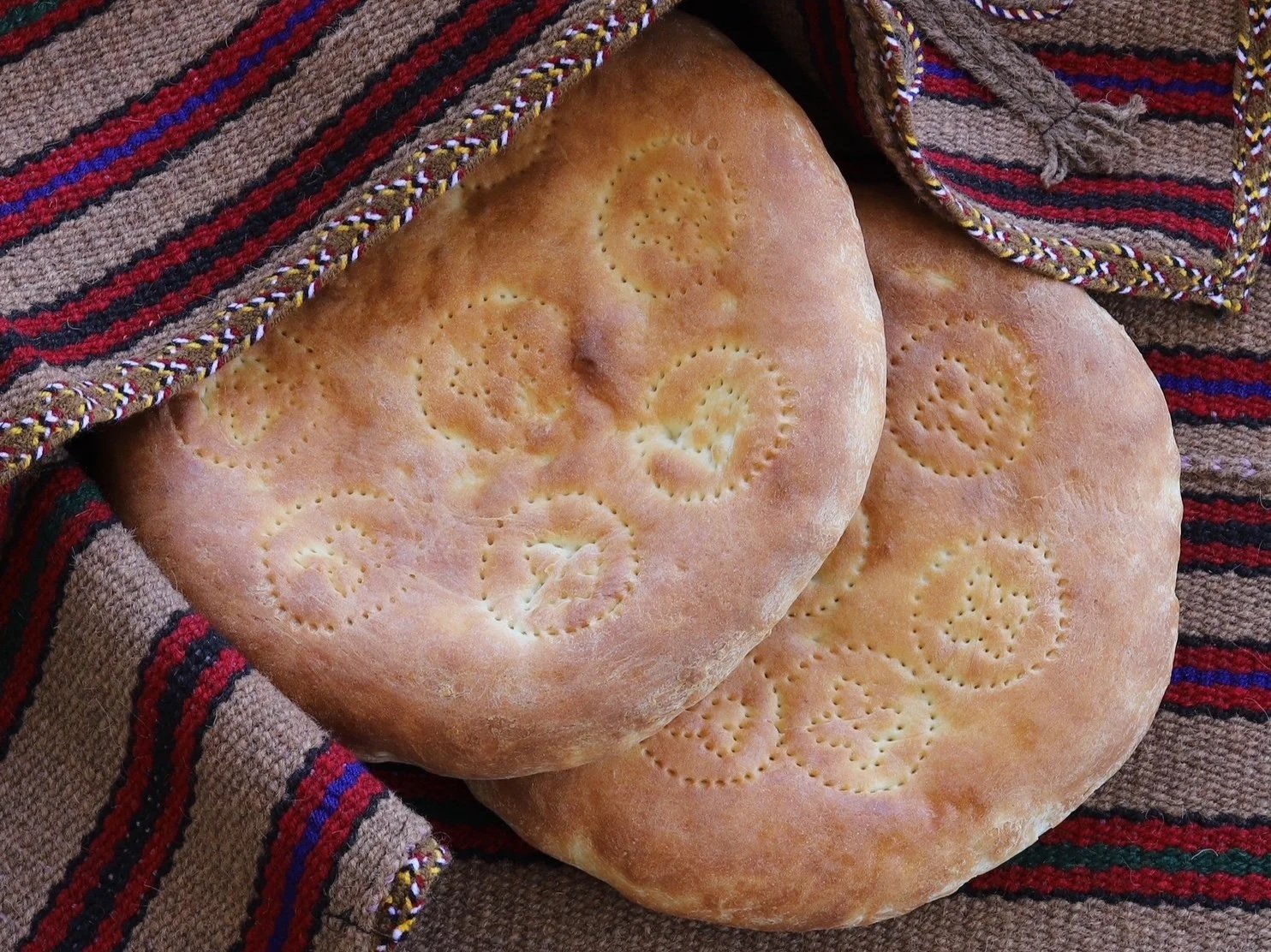
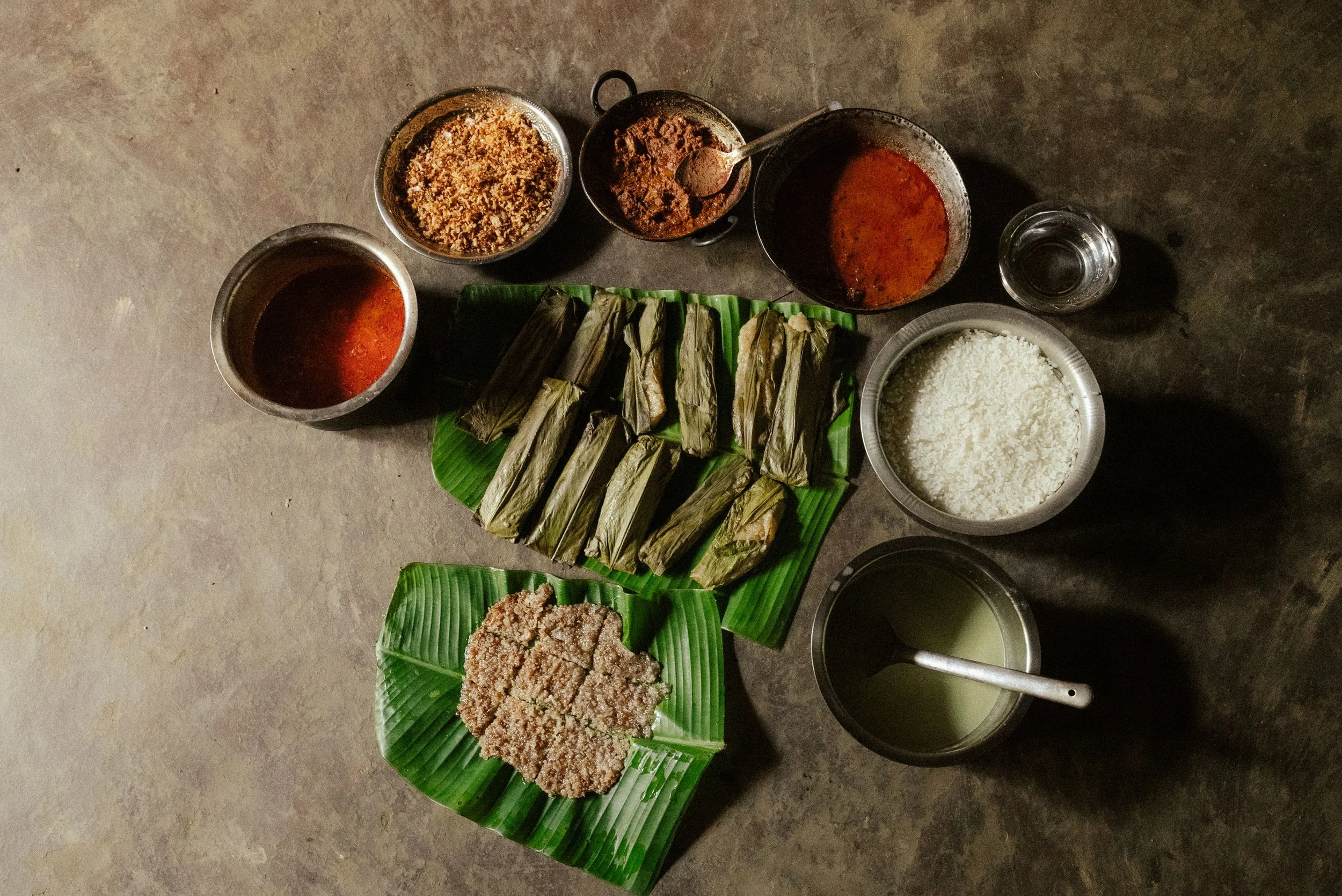
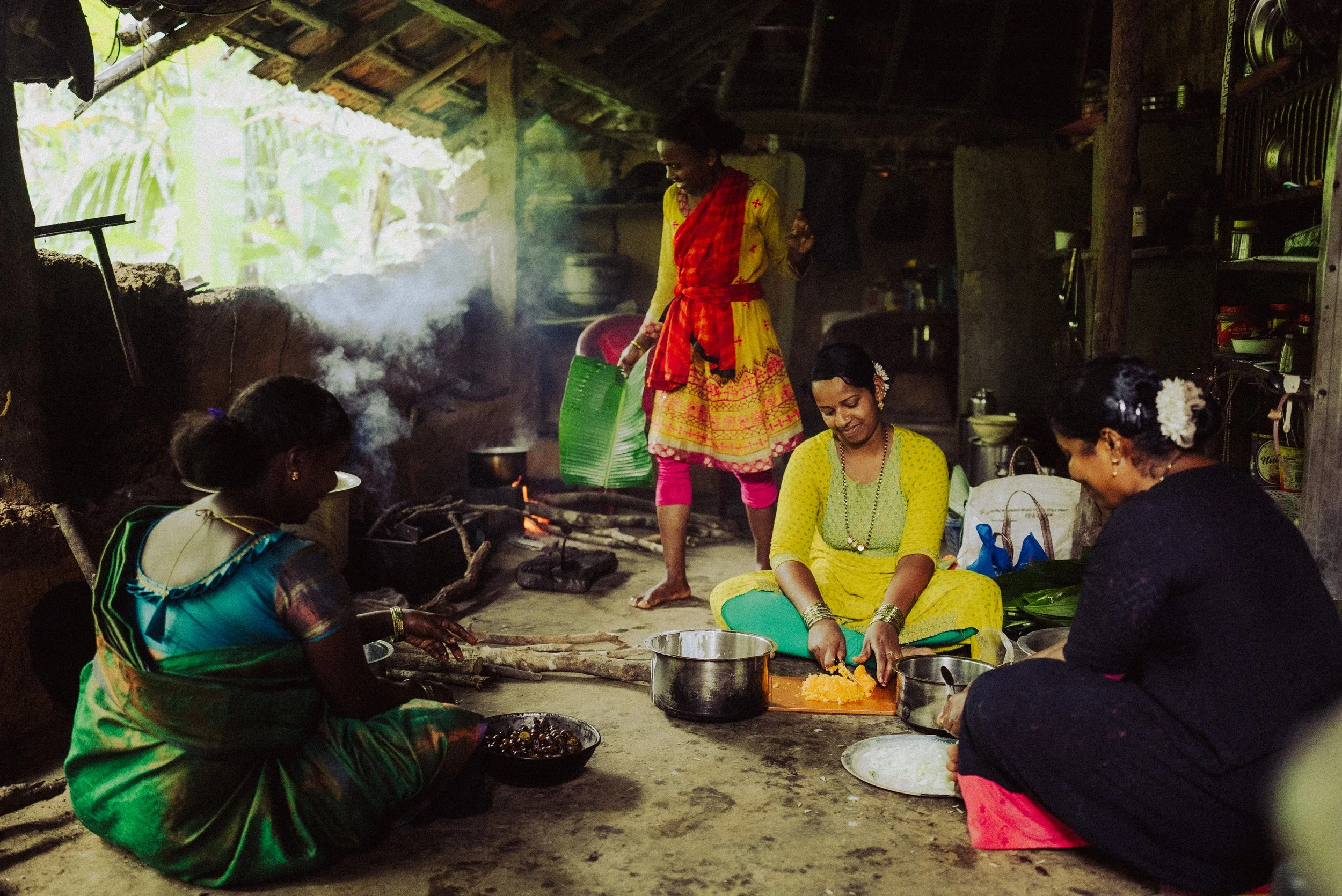
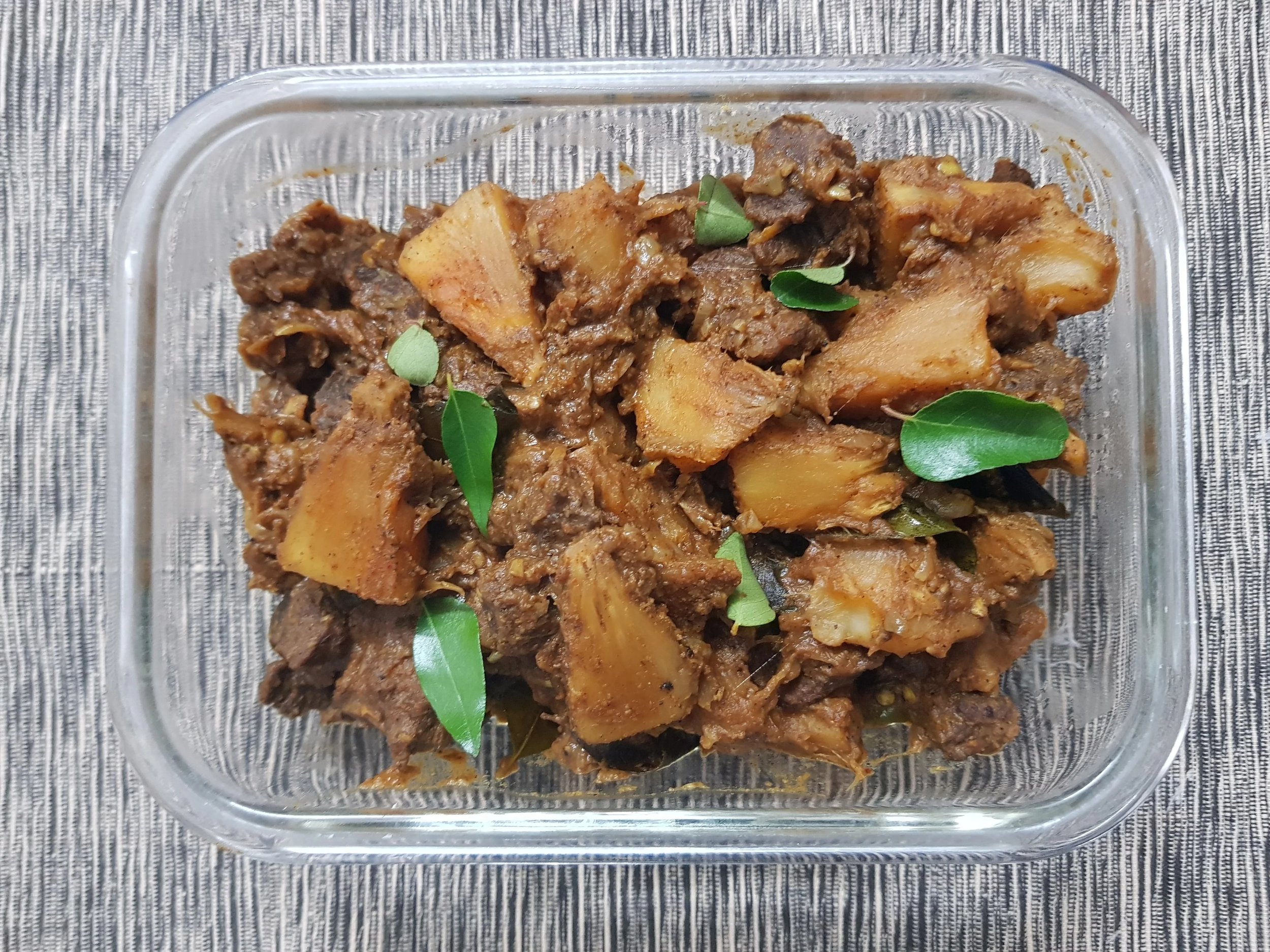
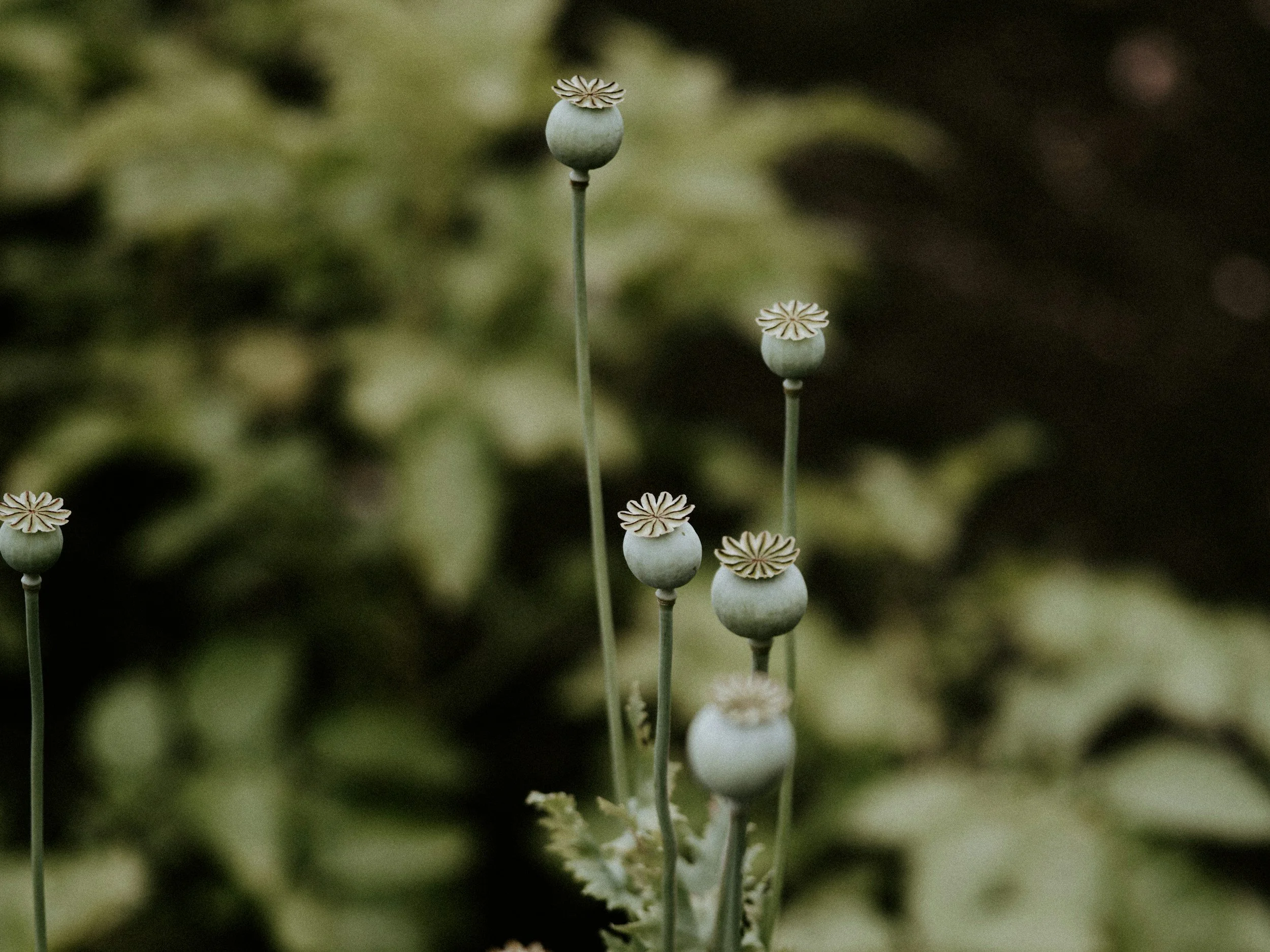
Neo-nomad cuisine of Central Asia | Terrence Manne